It ain't what you say, it's the way that you say it
By James Moss
On 16th August 1819 at St Peter’s Fields in Manchester, at least 15 people were killed and over 600 injured when military authorities charged a crowd who had gathered to hear political speeches. This momentous event has been alternately described as a ‘tragedy’, a ‘massacre’, an ‘incident’, a ‘dispersal’ and a ‘battle’ (although the casualties were unarmed), with the selected terms conveying a spectrum of different truths. By substituting one word for another, we can entirely change what is communicated by a sentence, even when those words appear to have the same meanings. We can praise someone for having childlike innocence, or criticise them for being childish; we can appreciate confidence while discouraging brashness.
Words and language, particularly the use and abuse of synonyms with nuanced overtones, have far-reaching effects. Discussions around acceptable and unacceptable language have highlighted the material impact of the words chosen by politicians and leaders, and by those engaging in debate. The work of Peter Mark Roget, one of the most influential linguists of the 19th century, demonstrates how vocabulary works for and against us: how it can be used to persuade, seduce, and further our agendas, to compose and reinterpret our stories, to enforce or challenge power relationships – and all the while ‘below the radar’ of our conscious attention.
Thesaurus of English Words & Phrases, Peter Mark Roget, 1857.
Born in 1779 into a family of Huguenot refugeees, Peter Mark Roget studied physiology in Edinburgh before moving to Manchester, where he served as The Portico Library’s first Secretary from 1806. His achievements are remarkable and diverse – from groundbreaking work in medicine and metrology (the study of measurement) to serving at the Royal Society, his influence can be found in the development of film, computing, health, and of course, lexicography. Alongside original minute books hand-written in Roget’s own script, The Portico preserves documents of his invention of the slide-rule and study of the persistence of vision, plus papers on number generation and cranioscopy (an argument against the pseudoscience of phrenology).
Explanation of an optical deception in the appearance of the spokes of a wheel seen through vertical apertures, Peter Mark Roget, 1825.
After a turbulent early life, during which he witnessed his beloved uncle’s suicide, Roget experienced recurring depression, and found therapeutic benefit in the absorbing, decades-long work of compiling his Thesaurus. It is believed he took inspiration from the ancient Indian writer Amarasimha’s Sanskrit word list, the Namalinganushasanam, and his table of classification is influenced by Leibniz’s philosophy of symbols. On the title page of the first edition of the 1852 Thesaurus of English Words and Phrases, Roget quotes from John Horne Tooke’s Diversions of Purley:
“It is impossible we should fully understand the nature of the signs, unless we first properly consider and arrange the things signified”.
A page from the Namalinganushasanam, Amarasimha, 1849 [originally published c. 814-867CE].
Roget was a medical doctor, inventor, linguist and mathematician whose contribution to the English language is hard to overstate. His Thesaurus has sold over 30 million copies since its first publication in 1852, empowering generations by expanding our vocabularies and developing our understanding of how words work. The Thesaurus was designed, in his own terms, “to facilitate the expression of ideas” and as such has played a significant role in our ability to communicate effectively, and to negotiate the perils and possibilities of language.
Plan of Classification, Roget’s Thesaurus, Facsimile of the First Edition, originally published 1852.
Our lives are directly affected by the words we use and by those that are used about us. Power is reinforced through official language and culture shaped through shared dialects and the connotations attached to particular terms. By understanding the detail in loaded or leading language, we can strengthen ourselves against its use to do harm, while contributing more effectively to causes and movements we want to support. The work of Roget and those linguists that have followed shows us that learning words bears further fruit when we also understand the contexts and relationships in which they function.
James Moss is the Portico Library Exhibitions Curator




![A page from the Namalinganushasanam, Amarasimha, 1849 [originally published c. 814-867CE].](https://images.squarespace-cdn.com/content/v1/6063581e3e356f4ceeed1b02/1617123856604-BFGXW4129XDQ78L1ELDL/3352_0007.jpg)


